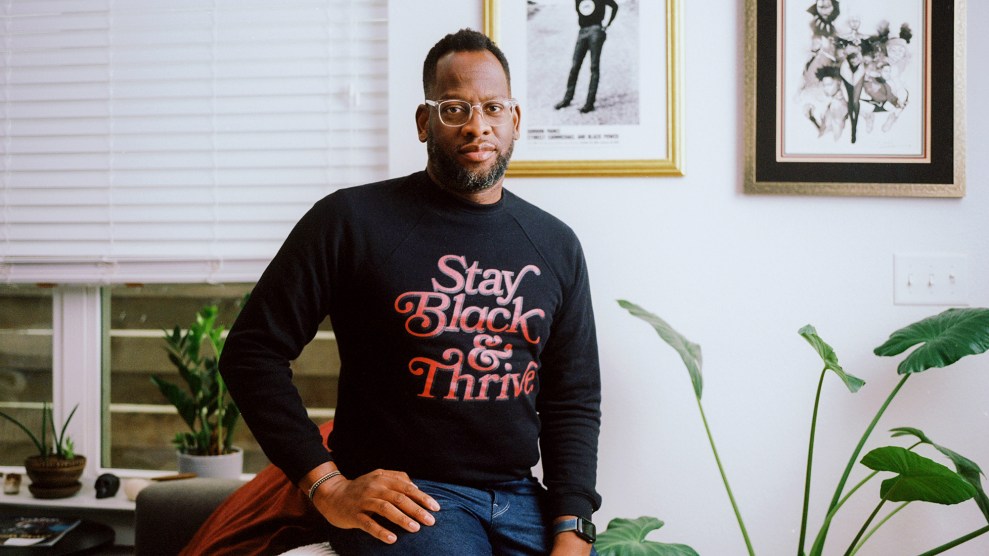
Prince performs during the halftime show at the Super Bowl XLI football game in Miami in 2007.Chris O'Meara/AP
Prince, the legendary pop icon, was found dead at his Paisley Park home in Minnesota, a publicist told the Associated Press on Thursday. He was 57. TMZ first reported the death.
BREAKING: Publicist: Pop music superstar Prince has died at his home in suburban Minneapolis.
— The Associated Press (@AP) April 21, 2016
The police were investigating a death at Prince’s estate on Thursday morning but have not made the identity of the deceased person public. Last week, the musician’s private plane made an emergency stop in Moline, Illinois, after performances in Atlanta. A representative for Prince told TMZ that the musician had been battling the flu for several weeks, though the exact cause of death has yet to be confirmed.
Prince’s publicist Yvette Noel-Schure noted in a statement that there were “no further details as to the cause of death at this time.”
Full statement from @prince‘s publicist on his death at Paisley Park pic.twitter.com/BVWComJ56m
— Michael Rusch (@weeddude) April 21, 2016
Fellow musicians, artists, and celebrities took to social media to mourn the soulful singer’s death.
“Dearly beloved
We are gathered here today
2 get through this thing called Life…”
-Prince— Lin-Manuel Miranda (@Lin_Manuel) April 21, 2016
When asked what it feels like to be the best guitarist alive, Eric Clapton said, “I don’t know. Ask Prince.”
— Justin Paterno (@zerobeta) April 21, 2016
Prince was a true innovator and a singular artist. His music and influence will live on for generations. Rest in peace.
— Tim Cook (@tim_cook) April 21, 2016
And just like that…the world lost a lot of magic ? Rest in peace Prince! Thanks for giving us so much…
— KATY PERRY (@katyperry) April 21, 2016
Long Live The King.
— Questlove Gomez (@questlove) April 21, 2016
















